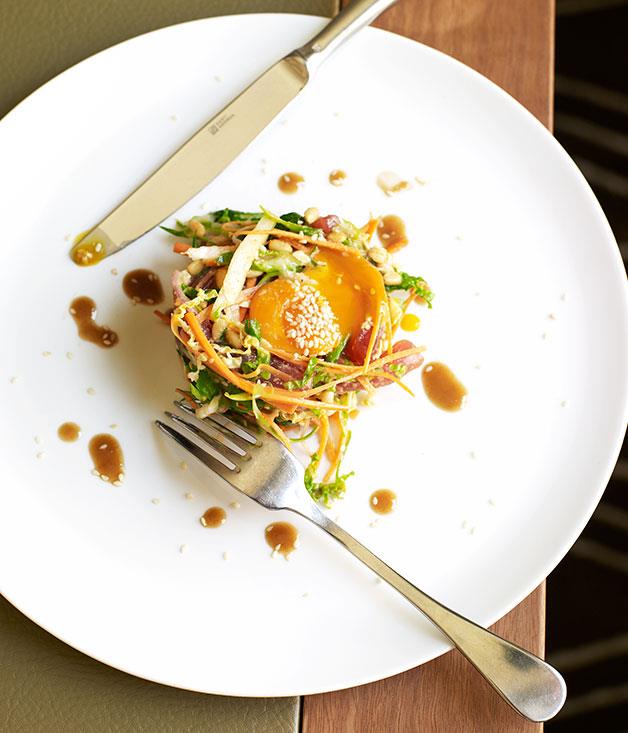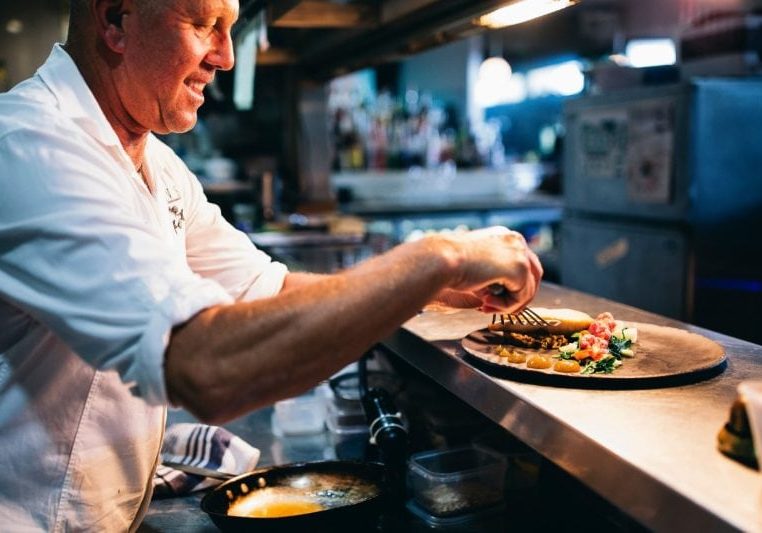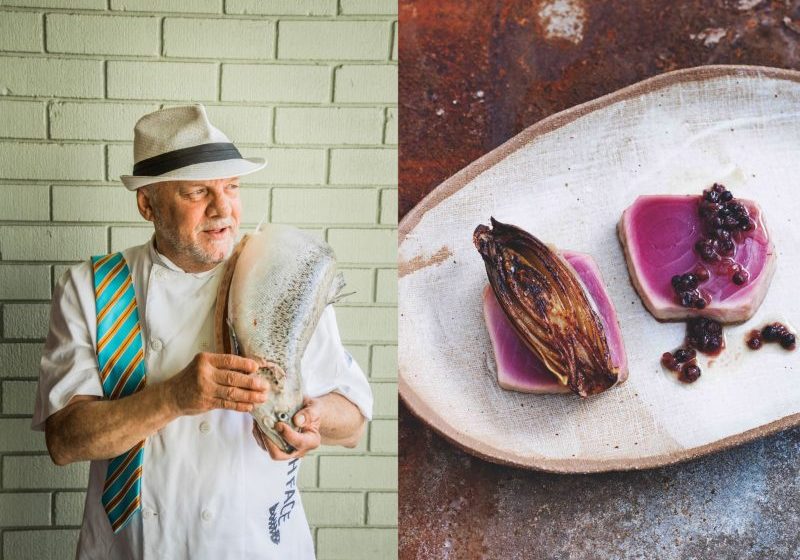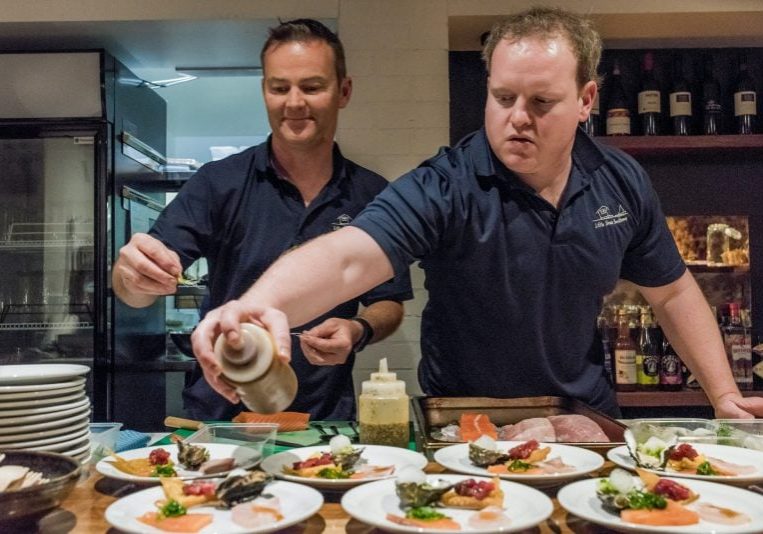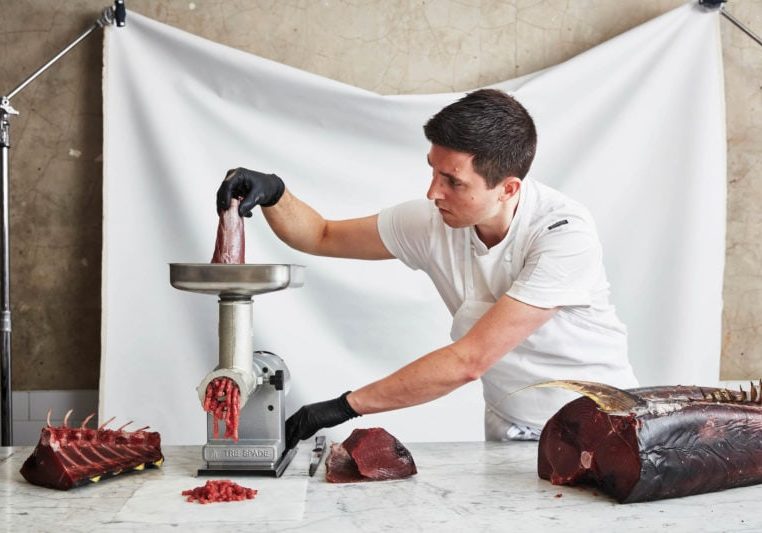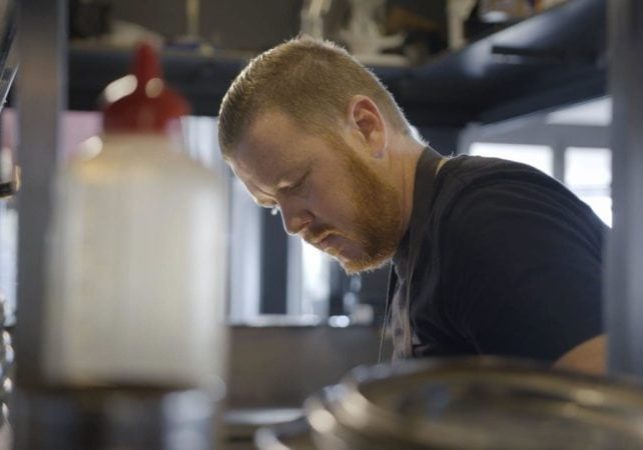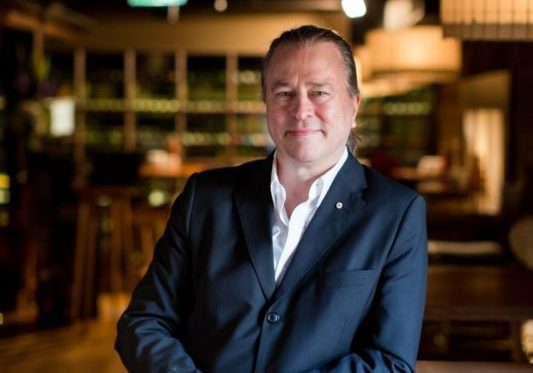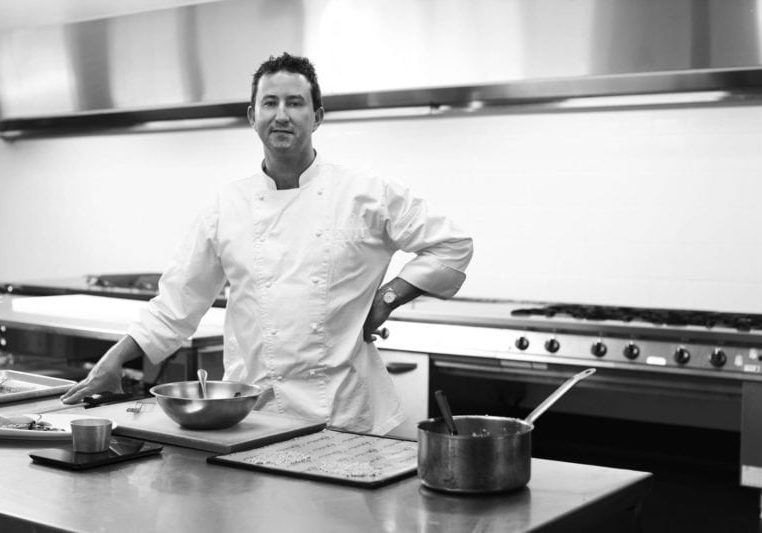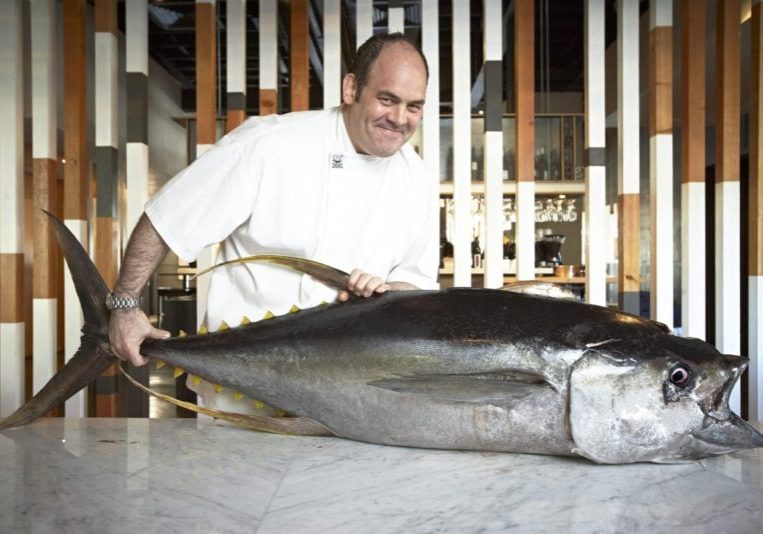Chat with a chef: Neil Perry says we must ‘look after the tuna we’ve got’
Neil Arthur Perry AM is an Australian chef, restaurateur, author and television presenter. He is also the co-ordinator for Qantas Flight Catering under his company Rockpool Consulting. Tuna Australia caught up with Neil, while he was prepping potatoes in the kitchen of course, to hear about his philosophy on sustainable tuna and seafood.
You love to work with sustainable seafood. How long have you been buying MSC products?
I have been buying whole MSC-certified tuna and swordfish for many years from Pavo and Heidi Walker of Walker Seafoods in Mooloolaba, Queensland. They look after their fish and always send the best products. The Rockpool Bar & Grill philosophy is to deal directly with growers or fishers who provide quality sustainable produce.
What type of seafood and tuna meals are served at the Rockpool Bar & Grill restaurant?
There is no farmed fish in our restaurant—except for mussels and oysters. I believe it is important to serve food and seafood that is unique and different.
For tuna, we tend to use yellowfin or bigeye and create meals like tuna tartare or a tuna crudo. I use the whole fish including the belly, wings, and jaw, making sure every ounce is utilised. A lot of work goes into the raw preparation. We also cut tuna steaks from the loin and cook it over a wood-fired grill, while we cook swordfish in a charcoal oven.
Why is sustainability so important for chefs and consumers?
In the hospitality industry, we are leading the world in trying to get people to think about sustainability in terms of waste, resources, low carbon emissions, and food for the future. All of those things are concerns for a conscientious chef.
Consumers are also starting to understand that they have choices—and they can exercise those choices when they go shopping. It is consumers and other stakeholders who are telling governments to think about climate change and sustainability. It is people that are leading the movement to save the planet because governments won’t.
Do restaurant guests care about the origin of the tuna they eat?
People are really interested in where their tuna comes from. At Rockpool, we have guests that care about the future and the environment.
These guests are also really pleased that the tuna tastes better because it has been beautifully looked after. For instance, we have a purpose-built fish filleting room that is temperature-controlled. This attention to detail and care really comes through in the taste and flavour of the meals we serve.
What’s your message to consumers about eating sustainable tuna?
For wild-caught tuna and billfish, we really need to make sure that we look after what we have got for future generations. I really hope these sustainability messages get through to people.
I always try to promote sustainable produce—it is one of the important things of eating. My advice is to eat a balanced diet, don’t go too heavy on protein, shop well and think about what you’re eating. When it comes to tuna, you don’t need a massive tuna steak to enjoy delicious food.
